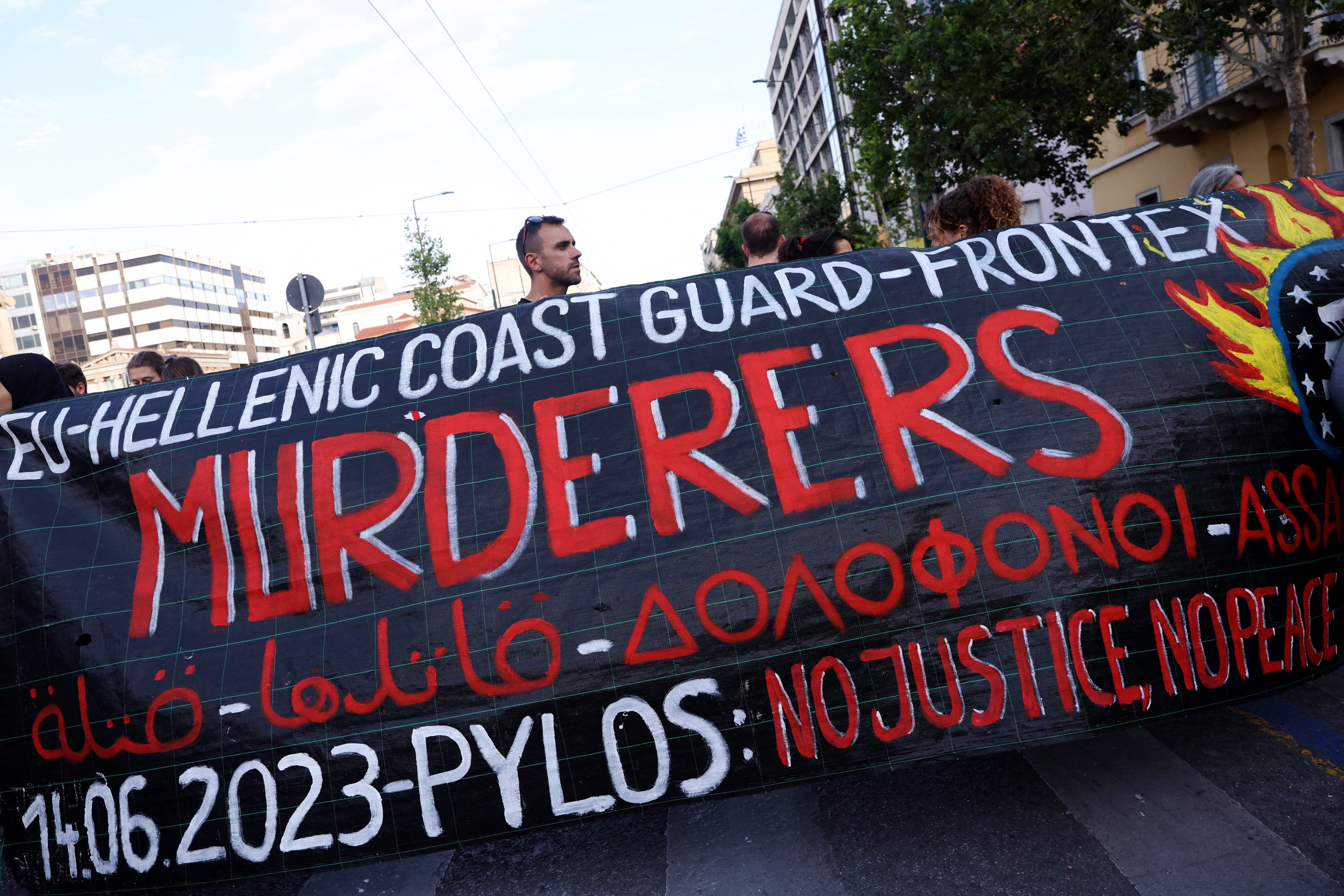Hard Numbers: Children lost in Aegean Sea, South Asia cyclone, Russians oppose nuclear strikes, ECB continues cinching that belt, Sun-smart Aussies inspire the Dutch
100: Survivors from a migrant boat that capsized off the Greek coast this week say that as many as 100 children were on the overcrowded fishing vessel when it sank due to an engine malfunction. So far, 78 people have been confirmed dead, but hundreds remain missing. The Greek Coast Guard, meanwhile, is being criticized for failing to act fast enough to rescue the distressed migrants.
180,000: More than 180,000 people were evacuated across Pakistan and India as the region prepared for Cyclone Biparjoy, which means calamity in Bengali. The storm weakened before making landfall in Gujarat state late Thursday, bringing with it heavy winds and flooding.
86: A new poll from the independent Levada Center in Moscow shows 86% of Russians oppose the use of nuclear weapons in Ukraine under any circumstances (source in Russian.) And fewer than one in ten believe Putin would “definitely” use nukes even if it were “necessary.” Think Russian polling just reflects state propaganda? Maybe, but that only makes these numbers more reassuring, doesn’t it?
22: The European Central Bank on Thursday raised interest rates to 3.5%, marking the highest rate in some 22 years. While the US Fed this week hit pause on rate increases, ECB President Christine Lagarde told Europeans to expect more hikes next month as inflation remains persistently higher in the eurozone than in the US.
4: The Netherlands will provide free sunscreen nationwide this summer in a bid to address rising skin cancer rates – the country now has the fourth-highest melanoma rate in the world. Dutch authorities say the campaign was inspired by the Aussies’ “Slip! Slop! Slap!” campaign that first emerged in the 80s and has since become a national call to action. That video is here, and you’re welcome!